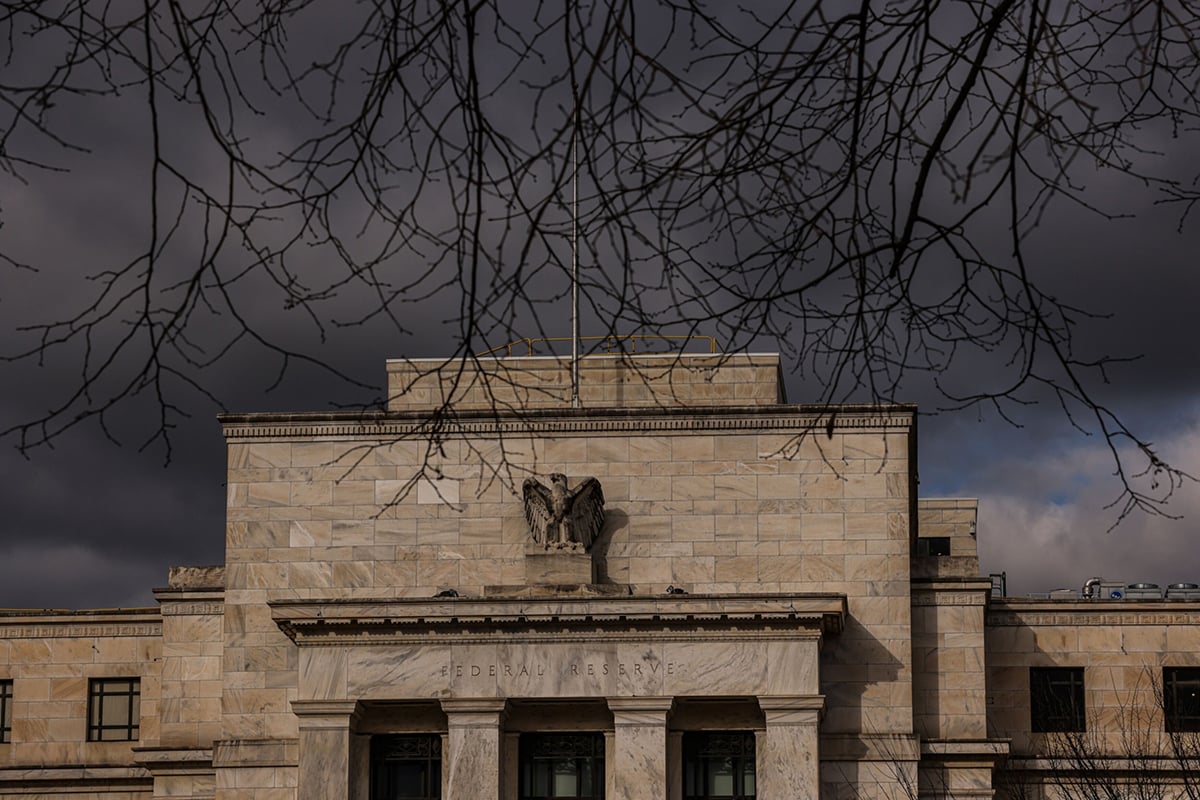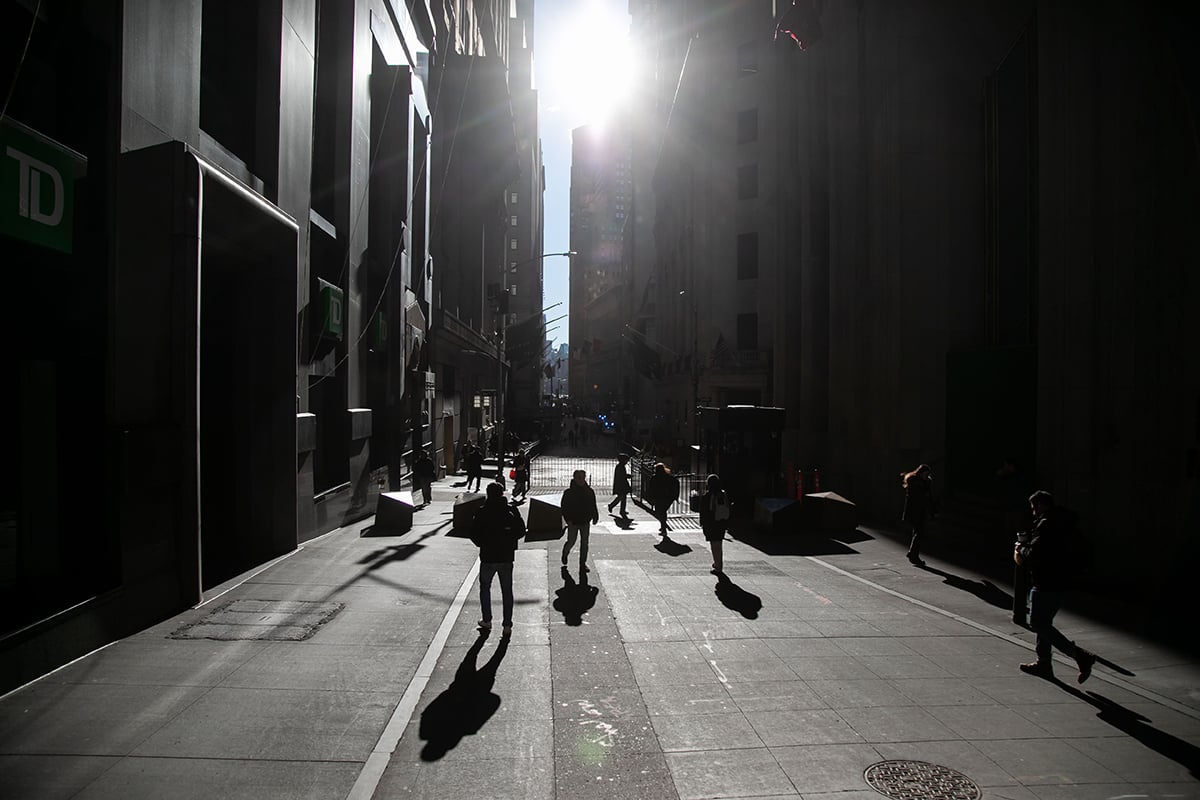Here's a frightening factoid for Donald Trump as he prepares totake office next month: Every Republican president since World WarII has been in power during at least one recession.
|Of course, as the saying goes, past performance is notnecessarily indicative of future results. The billionaire developermay well avoid a downturn on his watch. But with the economicexpansion soon to become the third-longest on record, the risk of acontraction occurring during his time in office can't be cavalierlydismissed.
|“Republican presidents seemingly can't do without” recessions,Joachim Fels, global economic adviser for Pacific InvestmentManagement Co., wrote in a blog post dated Dec. 12.
|The same can't be said of Democrats. Outgoing President BarackObama did preside over an economic downturn in his first six monthsin office—one he inherited from his predecessor, Republican GeorgeW. Bush. John F. Kennedy took office just before a recession ended.And the U.S. entered and exited slumps when Jimmy Carter and HarryTruman were in charge.
|But it was recession-free during the tenures of Democrats LyndonJohnson in the 1960s and Bill Clinton in the 1990s.
|“The U.S. economy has performed better when the president of theUnited States is a Democrat rather than a Republican,” PrincetonUniversity professors Alan Blinder and Mark Watson wrote in apaper published in the American Economic Review this year.
|The difference isn't due to more expansionary fiscal andmonetary policies under Democrats, according to Blinder, who servedin the Clinton White House, and Watson.
|Instead it appears to stem from less costly oil shocks, a morefavorable international environment, productivity-boostingtechnological advances, and perhaps more optimistic consumers, theywrote. Some of those disparities may be down to better policies,but luck also played a role.
|Fels cautioned against overestimating the ability of presidentsto prevent recessions—or to create them for that matter. After all,it's often the Federal Reserve that determines the ups and downs ofthe economy through changes in interest rates.
|What's more, some Republican presidents just caught a bad break,Fels said. Dwight Eisenhower, for instance, took office in 1953when the U.S. was still enmeshed in the Korean War.
|Others inherited recession-prone economies from their Democraticpredecessors. Inflation was running above 10 percent when RonaldReagan took over from Carter in January 1981, and then-Fed ChairmanPaul Volcker was determined to squelch it.
|Trump said during the campaign that his plans would result in3.5 percent annual growth, well above the 2.1 percent pace of thecurrent expansion. Still, there's no denying the Republican recordwhen it comes to recessions. If Trump wants to ensure himself asuccessful presidency, that might be another party tradition theunconventional leader-in-waiting may have to break.
|Copyright 2018 Bloomberg. All rightsreserved. This material may not be published, broadcast, rewritten,or redistributed.
Complete your profile to continue reading and get FREE access to Treasury & Risk, part of your ALM digital membership.
Your access to unlimited Treasury & Risk content isn’t changing.
Once you are an ALM digital member, you’ll receive:
- Critical Treasury & Risk information including in-depth analysis of treasury and finance best practices, case studies with corporate innovators, informative newsletters, educational webcasts and videos, and resources from industry leaders.
- Exclusive discounts on ALM and Treasury & Risk events.
- Access to other award-winning ALM websites including PropertyCasualty360.com and Law.com.
*May exclude premium content
Already have an account? Sign In
© 2024 ALM Global, LLC, All Rights Reserved. Request academic re-use from www.copyright.com. All other uses, submit a request to [email protected]. For more information visit Asset & Logo Licensing.







